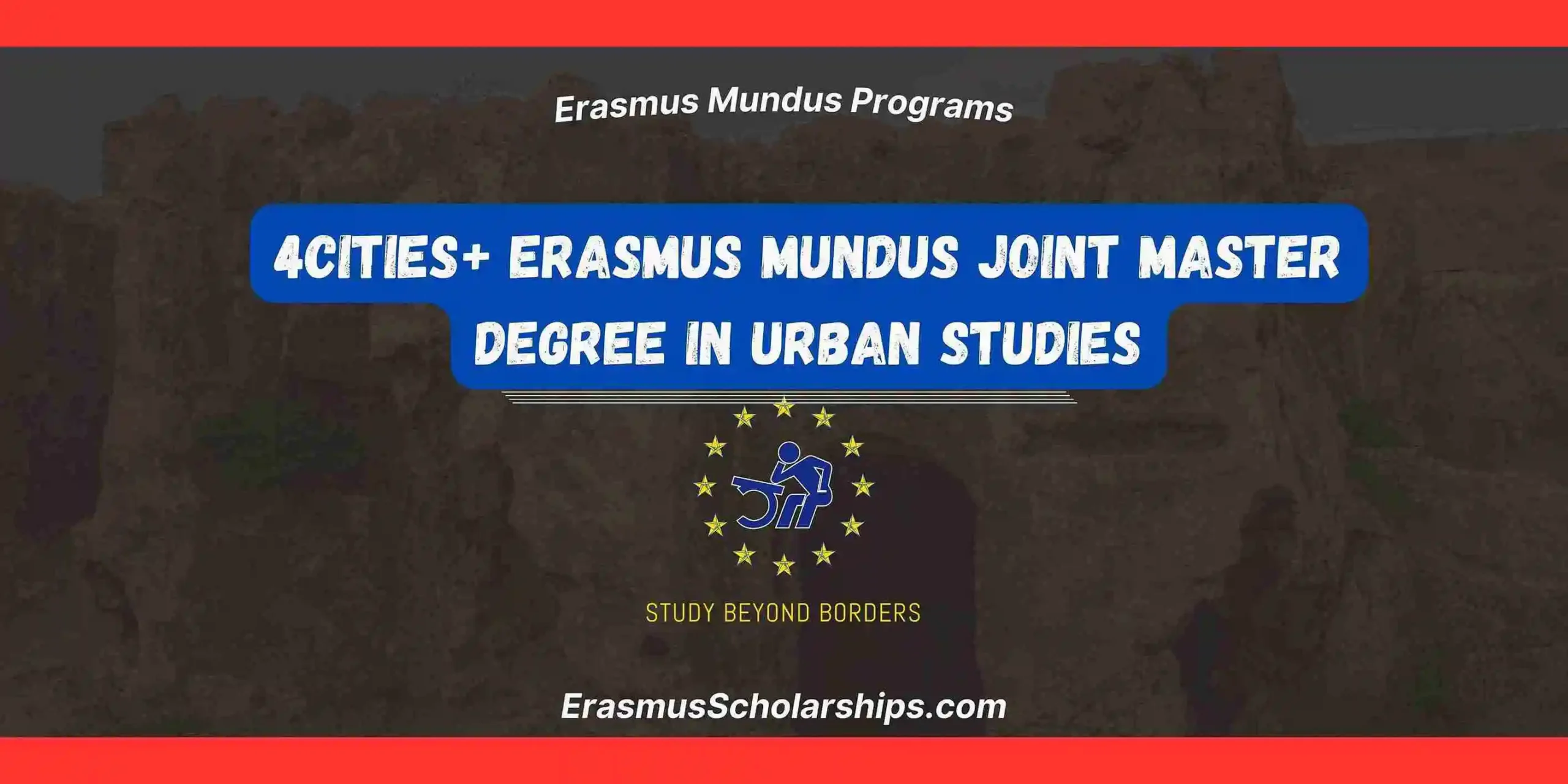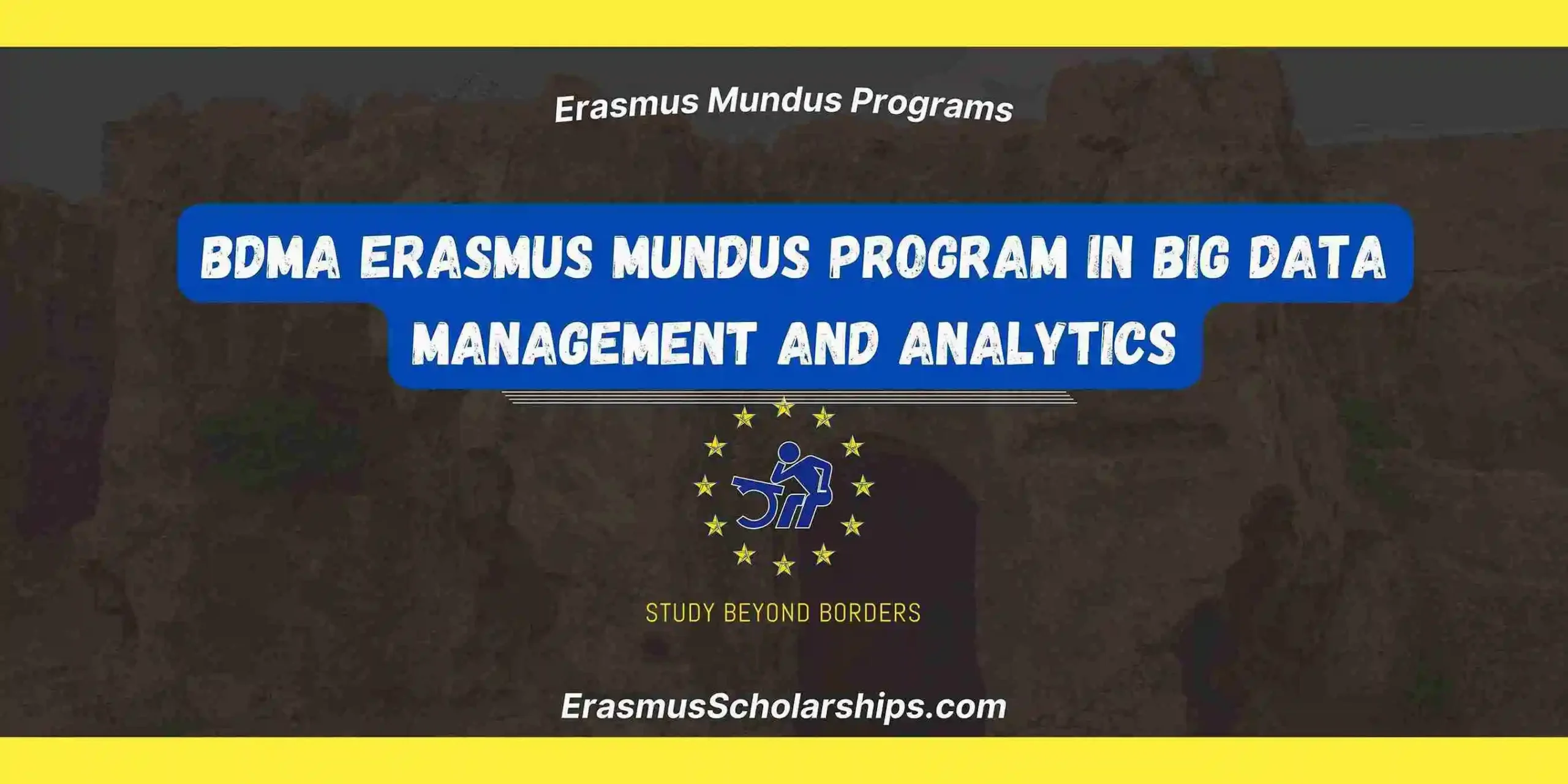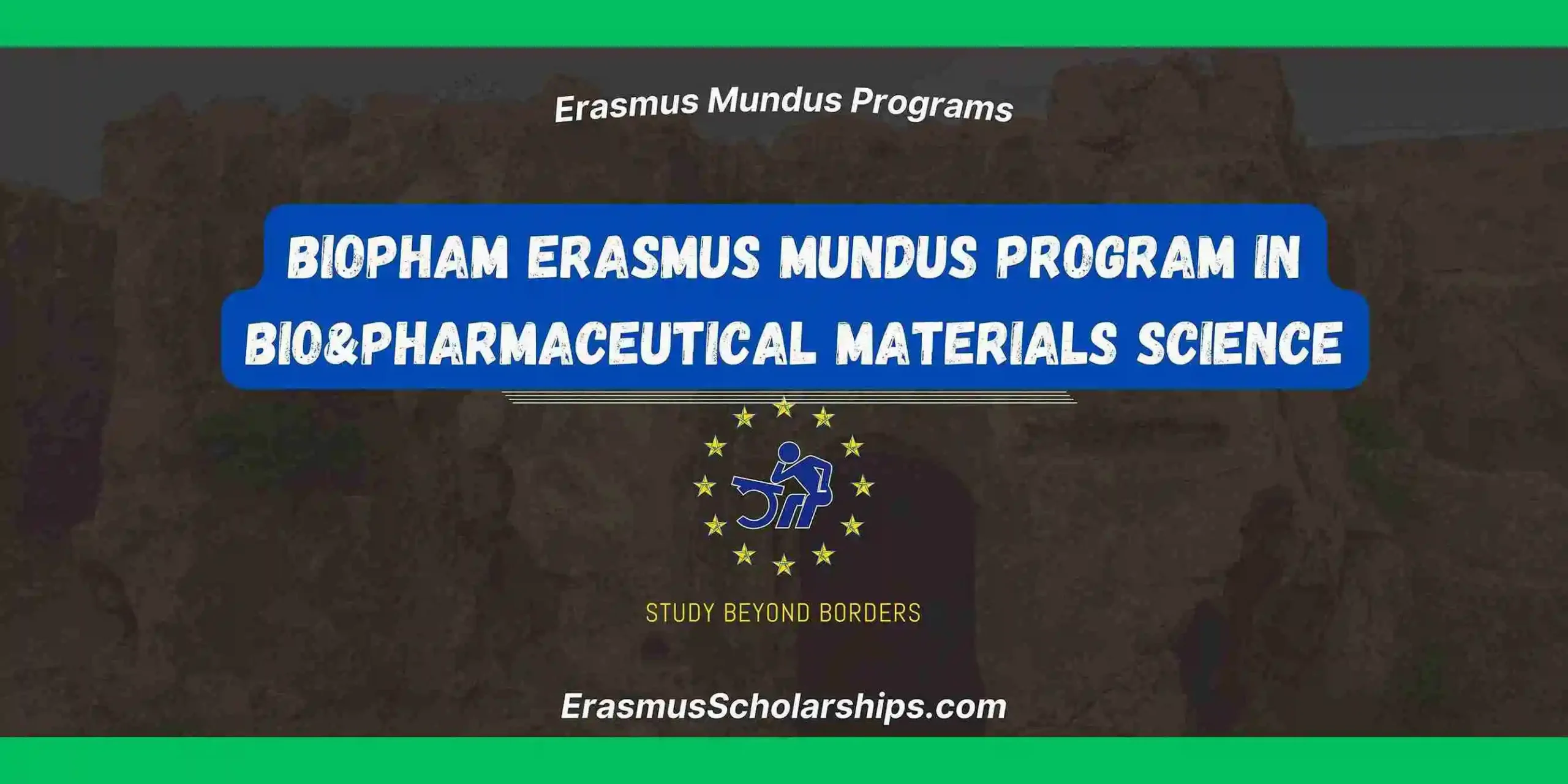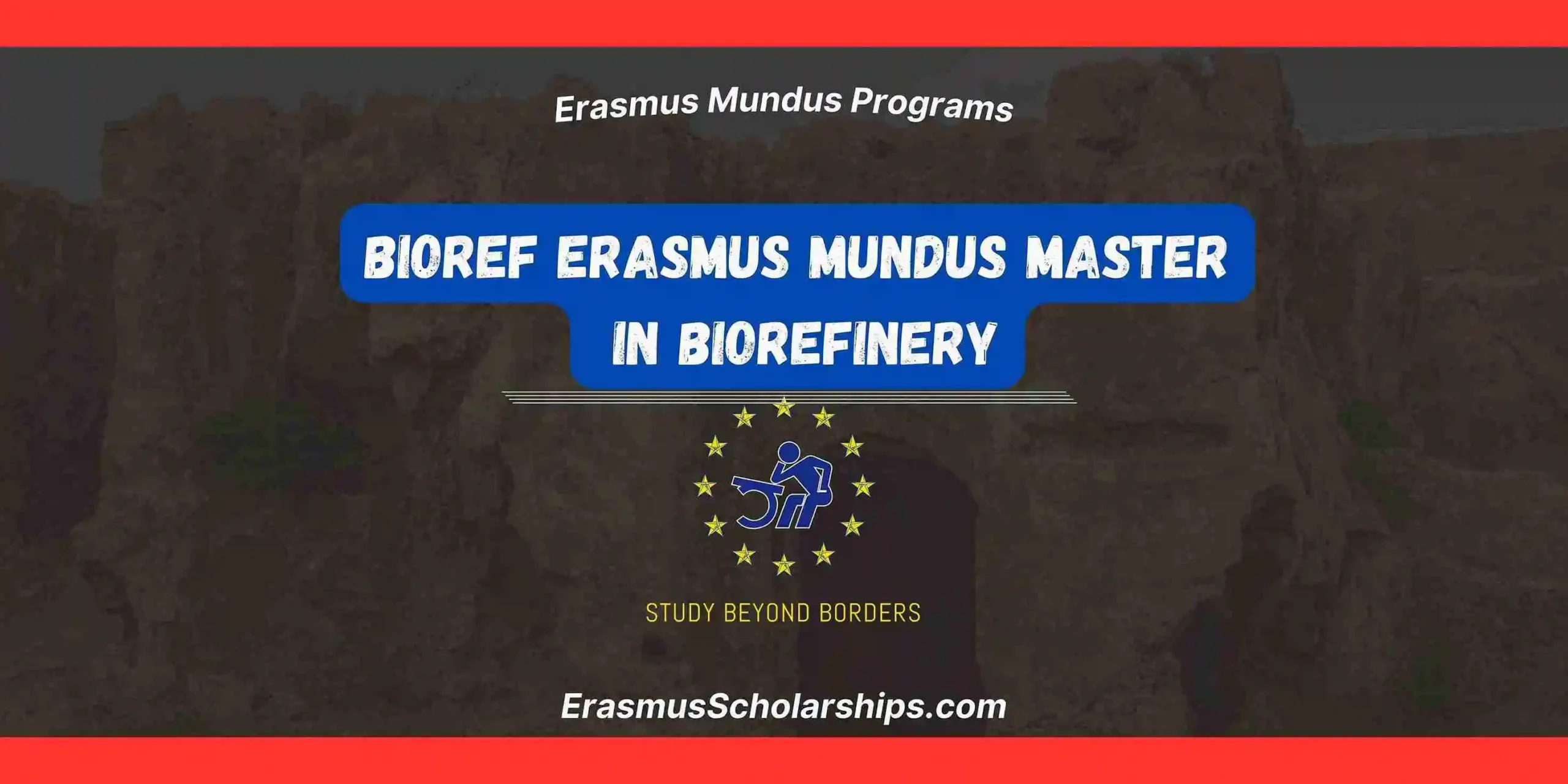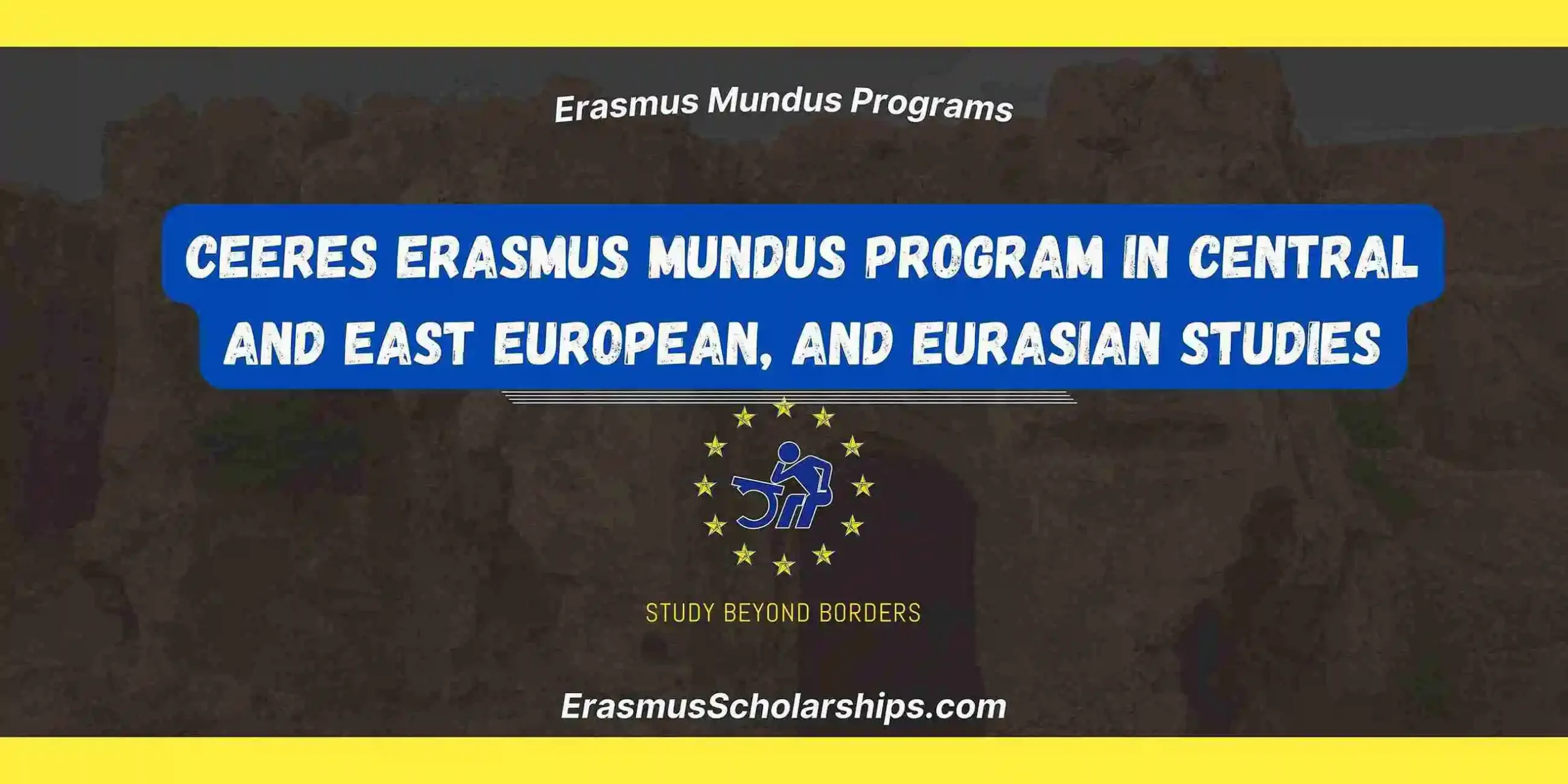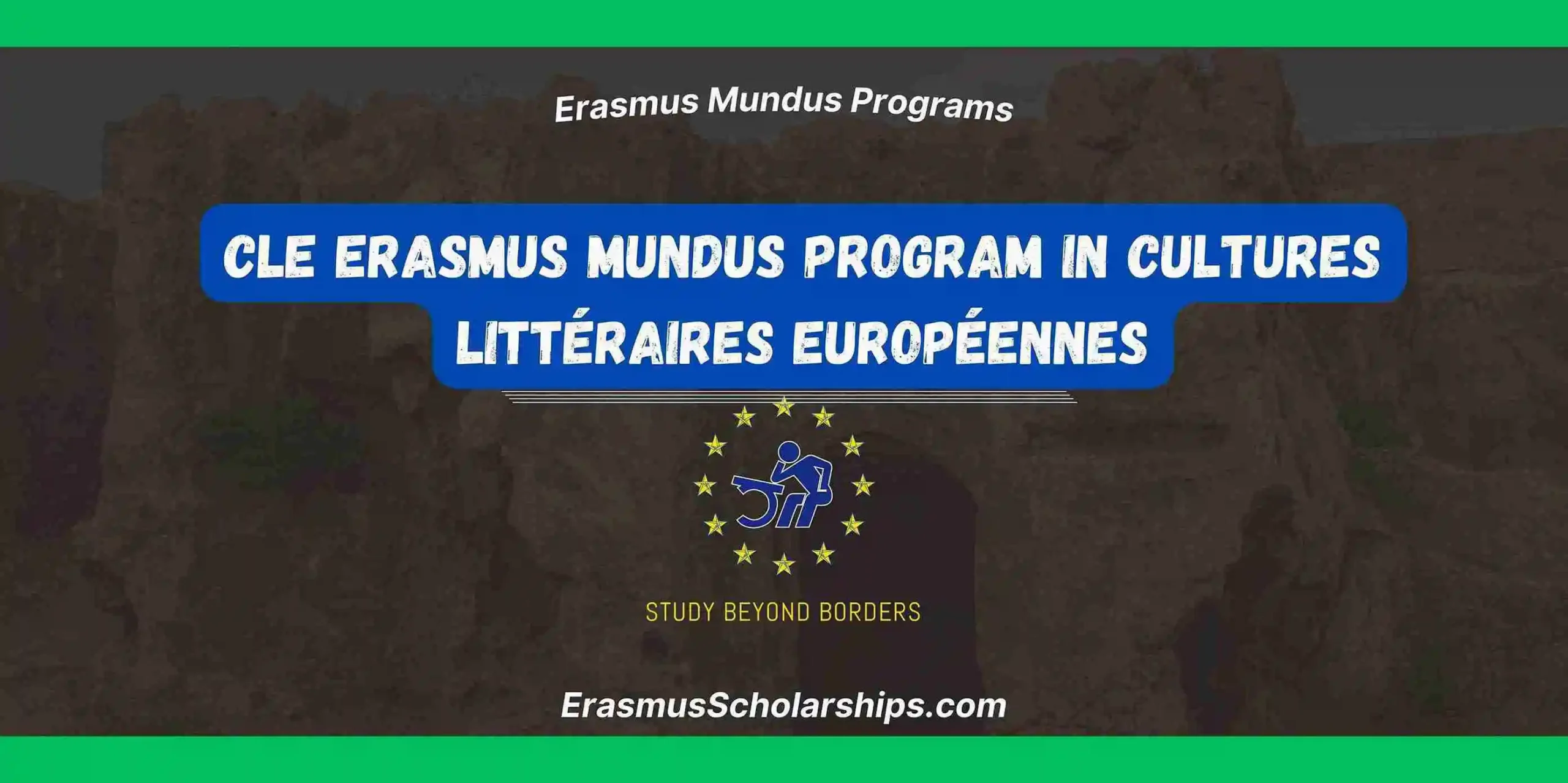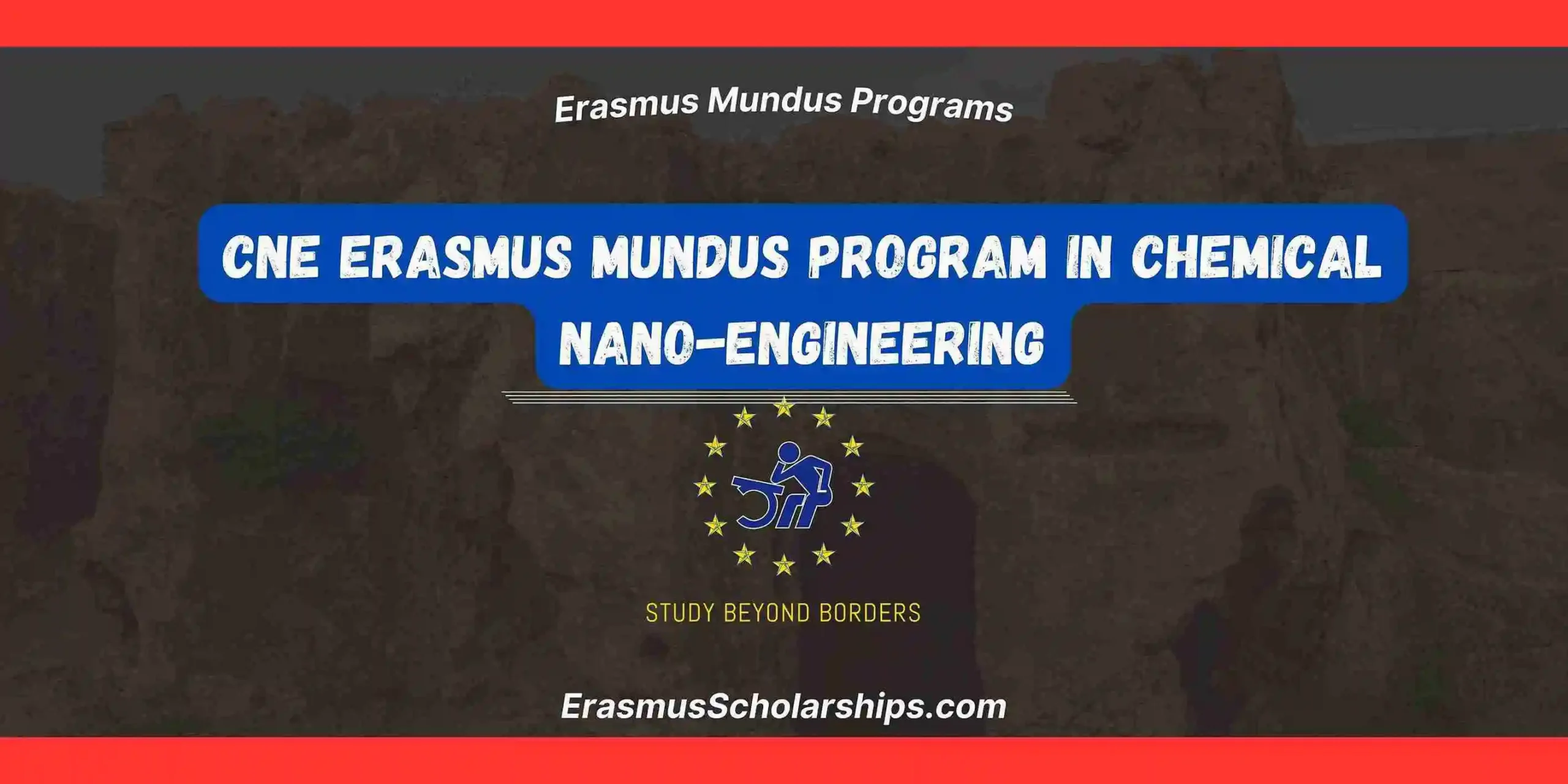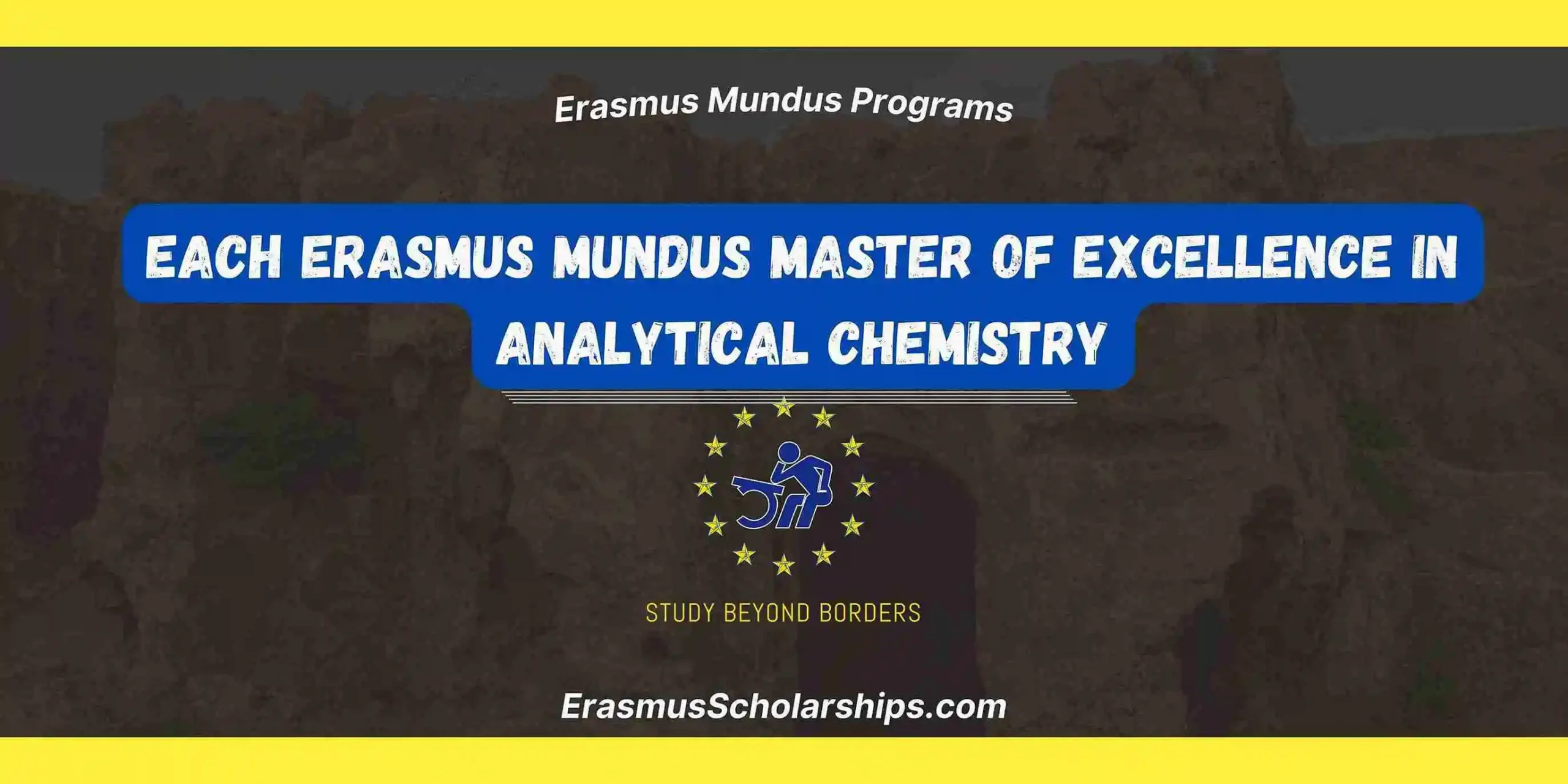The ISLANDS Erasmus Mundus Program offers a unique opportunity to explore sustainability from the perspective of islands. This two-year interdisciplinary Master’s program equips students with the knowledge and skills to address critical sustainability issues on islands worldwide, integrating environmental, economic, and societal aspects. By connecting island systems across different regions, the program fosters comparative research and innovative thinking about sustainable island futures.
Delivered by a consortium of top universities in Europe and the Caribbean, the ISLANDS program focuses on bridging the gap between theory and practice. Students gain hands-on experience through fieldwork, research projects, and mobility across culturally diverse island territories. With its globally relevant curriculum, this program is a perfect match for students passionate about climate change, biodiversity, resource management, and sustainable development in insular contexts.
Project Status
- Status: Ongoing
- Start date 01-01-2022
- End date 31-12-2027
- Action Type: Erasmus Mundus Joint Master
- Universities Involved
- Countries Involved
The ISLANDS Erasmus Mundus program is a Master’s in islands and sustainability, offered by top European universities with a focus on addressing environmental, social, and economic challenges specific to island regions.
| University of Groningen |
| University of the Aegea |
| University of Iceland |
| University of Las Palmas de Gran Canaria |
| Netherlands |
| Greece |
| Iceland |
| Spain |
This cross-border collaboration allows students to gain an international perspective while studying and researching in the heart of Europe’s academic and industrial hubs.
Description of the ISLANDS Erasmus Mundus Program
The ISLANDS Erasmus Mundus Program trains students to address sustainability in the unique and often vulnerable ecosystems of island territories. Combining insights from geography, environmental science, and socio-political studies, the program emphasizes both academic rigor and practical field experience. Students explore a variety of themes, including climate change adaptation, environmental policy, tourism management, natural resource conservation, and island governance. The interdisciplinary curriculum encourages critical thinking, cross-cultural exchange, and a global outlook rooted in local realities.
Key Features of the ISLANDS Erasmus Mundus Program
- Interdisciplinary and research-driven approach
- Study mobility across four island regions
- Real-life sustainability projects and fieldwork
- Courses taught entirely in English
- Fully funded Erasmus Mundus scholarships available
- International student community and alumni network
Mobility Tracks of the ISLANDS Erasmus Mundus Program
Students begin at the University of Groningen and then choose from two mobility tracks:
Track A
- Semester 1: University of Groningen (Netherlands)
- Semester 2: University of the Aegean (Greece)
- Semester 3: University of Iceland (Iceland)
- Semester 4: Master’s thesis at one of the partner universities
Track B
- Semester 1: University of Groningen (Netherlands)
- Semester 2: University of Las Palmas de Gran Canaria (Spain)
- Semester 3: University of Iceland (Iceland)
- Semester 4: Master’s thesis at one of the partner universities
Admission Requirements
- A Bachelor’s degree in a relevant field (e.g., Environmental Studies, Social Sciences, Geography, Sustainability, etc.)
- Strong academic record
- English language proficiency (minimum IELTS 6.5 or TOEFL iBT 90)
- Motivation letter explaining interest in sustainability and the program
- Updated CV
- Two letters of recommendation
- Academic transcripts and certificates
How to Apply for ISLANDS Erasmus Mundus Program
- Visit the official website
- Register and fill out the online application form
- Upload all required documents
- Choose your preferred mobility track
- Submit the application before the annual deadline
Tips to Win the ISLANDS Erasmus Mundus Program
- Personalize your motivation letter—show how your values align with the program’s goals
- Demonstrate awareness of island sustainability challenges
- Highlight any fieldwork, volunteer work, or sustainability projects
- Secure strong and specific recommendation letters
- Stay ahead of the deadline—apply early!
- If you’re applying to multiple EMJMDs, clearly explain why ISLANDS is your top choice
Application Timeline
- Opens: November
- Deadline: January
- Interview: February
- Enroll: Starting September following selection
Curriculum Structure of the ISLANDS Erasmus Mundus Program
The program is divided into four semesters, with a total of 120 ECTS:
- Semester 1: Introduction to island studies, sustainability concepts, research methods (University of Groningen)
- Semester 2: Regional specialization (Aegean or Gran Canaria), fieldwork, policy analysis
- Semester 3: Arctic island context (University of Iceland), data analysis, advanced research
- Semester 4: Master’s thesis on a topic of your choice at a partner institution
Coordinator Contact
Email: info@islandsmaster.eu
Frequently Asked Questions (FAQs)
What makes the ISLANDS Erasmus Mundus Program unique?
Its focus on island sustainability, mobility across multiple countries, and hands-on learning make it one of a kind.
Can I apply to the ISLANDS Erasmus Mundus Program if my background is not in environmental science?
Yes! As long as your degree is relevant and your motivation is strong, applicants from social sciences, policy, and related fields are welcome.
Does the ISLANDS Erasmus Mundus Program cover all expenses?
If selected for the Erasmus Mundus scholarship, you’ll receive a full tuition waiver, monthly stipend, and travel support.
Can I work while studying in the ISLANDS Erasmus Mundus Program?
Light part-time work may be possible depending on the country’s rules, but the program is intensive and full-time.
Is the ISLANDS Erasmus Mundus Program good for future research careers?
Absolutely. Many graduates go on to pursue PhDs or policy careers focused on climate change, sustainability, and island development.

